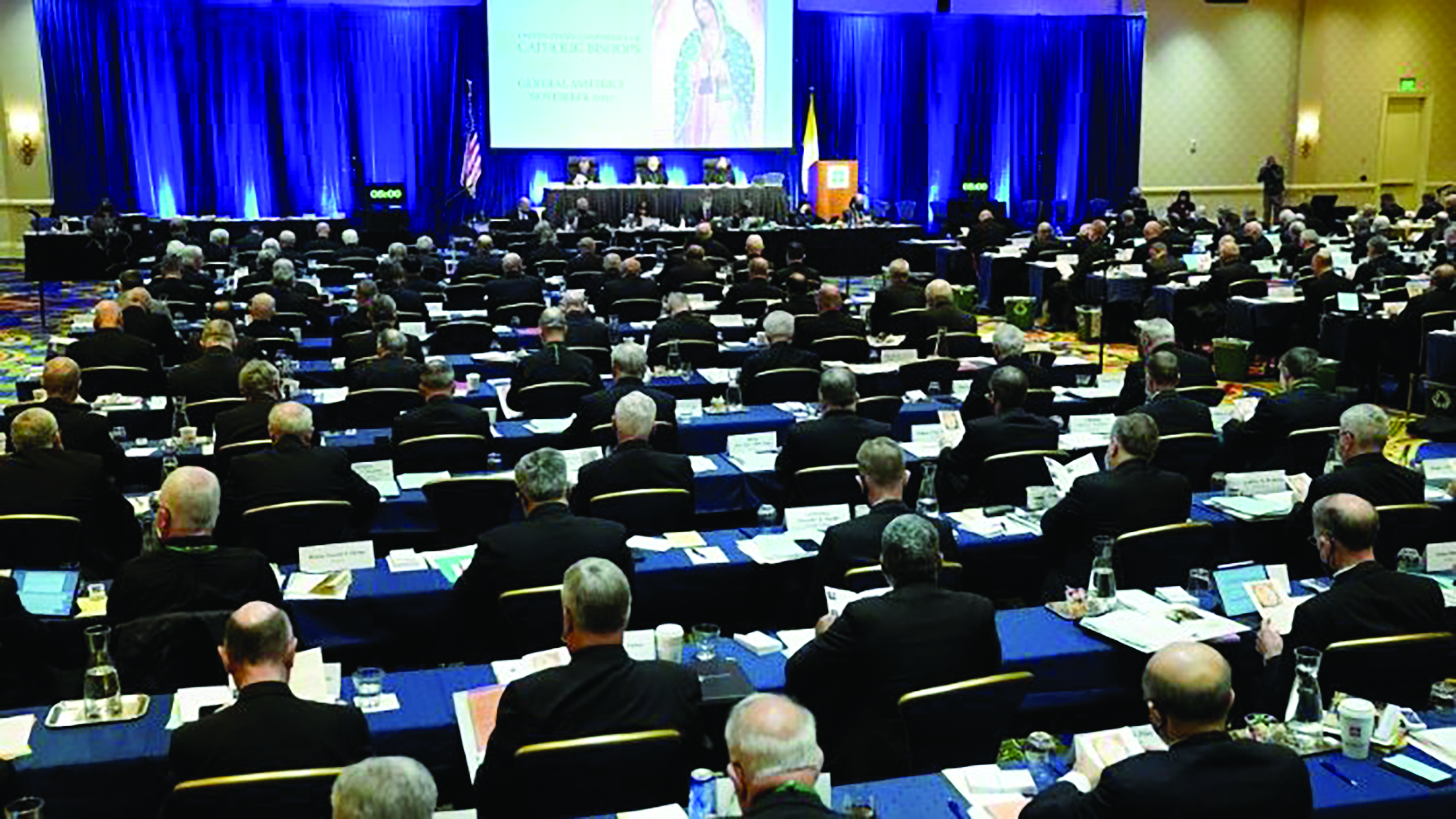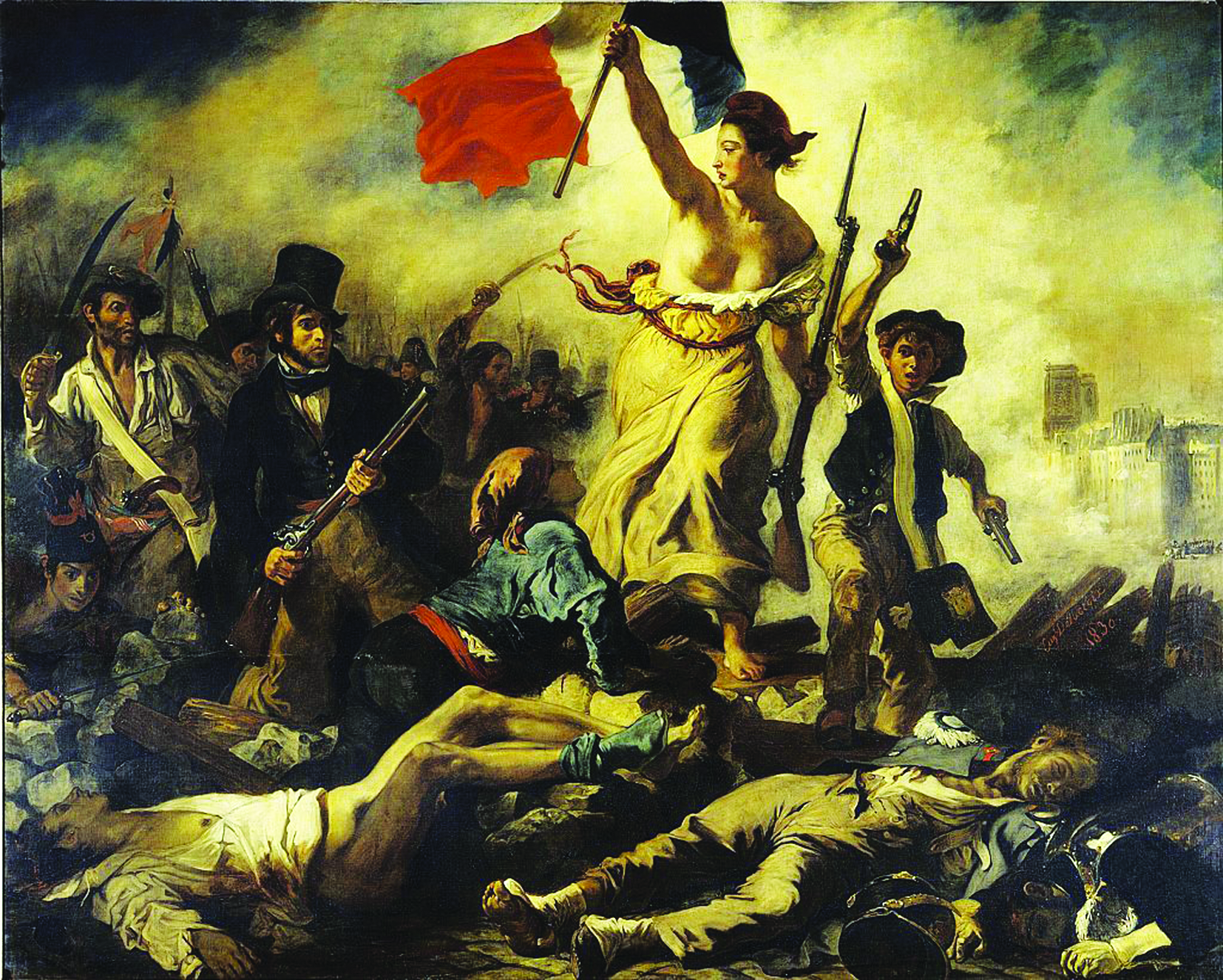Soccer has united, as it were, two countries on opposite sides of the ocean: Argentina and Italy. These two countries have always been closely connected, since many Italians have emigrated to Argentina and since later on a great many soccer pioneers arrived in Italy, leaving their mark.
The Pope is a great sports enthusiast; as we know, he follows soccer with great interest and supports San Lorenzo, a team playing in the Argentinian championship and which won in 1946 thanks to a goal scored by forward Pontoni, as the Pope himself recalled, addressing the two national soccer teams in Spanish.
Pope Francis, who, though being Argentinian by birth, is of Italian descent, was certainly at ease meeting the Italian and Argentinian national teams.
After the opening greetings addressed to the Holy Father by Dr. Giancarlo Abete, president of the Federazione Italiana Gioco Calcio (Italian Soccer Federation) and Mr. Julio Humberto Grondomia, president of the Asociacion del Futbol Argentino (Argentinian Soccer Association) Pope Francis addressed the players of the two teams directly. He made a witty remark intended to stress the warmth and spontaneity a friendly match requires, showing his dilemma. “It will be difficult for me to root,” he said, “but this is a friendly match … and it must be friendly, remember!”
And, speaking like a real coach, the Pope made a list of what players should always keep in mind: i.e. “beauty, generosity and comradeship,” the values on which a team is founded, its strong points which rule out individualism.
“It is true that organization, at a national and international level, has turned sports into a profession,” the Holy Father said, “but professionalism should never dispense with a team’s or sportsman’s initial vocation, i.e., being an amateur.”
After making this suggestion, the Pope exhorted the players saying: “Even though you are famous, you should remain men, on and off the field. Remain men and bearers of humanity.”
“Soccer has become business,” said the Holy Father, addressing the sports managers and inviting them to do their best to preserve the sporting spirit.
In the end the Holy Father also reminded the players of their social responsibility, saying in Spanish: “You are role models and reference points. You have a very positive influence. Your conduct, your values and profession have a positive impact. People follow you. Take advantage of this to sow good seeds.”
Then, referring to the world of soccer, Pope Francis asked all those present “to pray for me that I too may be able to play my game for the good of all with courage and fairness on the field where God has placed me.”
Before the starting whistle of the exhibition game between Italy and Argentina, the captains of the two teams, Buffon for Italy and Mascherano for Argentina, planted as a symbolic act the “olive tree of friendship,” a gift to the Pope from the two teams handed to the Holy Father by Messi during the audience in the Vatican. The tree was then planted in the Vatican Gardens as a special symbol. In 2000, in fact, then Cardinal Bergoglio planted another olive tree in Plaza de Mayo, in Buenos Aires, Argentina, along with representatives of all religions, in the presence of 7000 schoolchildren.
Although Father Lombardi had confirmed that the Pope would not attend the match, many expected him to appear at the stadium. An Argentinian daily paper had even spread the news that he “might be present and even kick off the game.”
Despite the absence of world known players like Balotelli for Italy and Messi for Argentina the match proved of great interest thanks to the presence of many champions. As for the winner, there was no contest: Argentina beat Italy 2-1.
But what must have made the Pope particularly happy was the festive atmosphere in the stadium, with no barriers between the two team’s fans and the players’ fair conduct during the match. In the audience with the two teams, in fact, the Holy Father had called for an end to violence between fans and the return of families to the terraces of stadiums. Let us hope that his suggestion will be received and that security measures will be able to guarantee everybody’s safety through strict control during games and of drinks introduced into stadiums.
Chancellor of the Pontifical Academy of Sciences Monsignor Marcelo Sánchez Sorondo, alternating with Professor José Maria del Corral and Professor Enrique Palmeyro, two Argentinians in charge of and coordinators of this initiative, promoted a world project involving schools of all levels through soccer. Considering the relevance of the first results achieved by the Escuela de Vecinos (Neighbor Schools) and by the Escuela Hermanas (Sister Schools) — two initiatives supported by Pope Francis when he was archbishop of Buenos Aires — the Pontifical Academy of Sciences is promoting a similar project on a worldwide scale.
This initiative, open to everybody free of charge, aims to bring schools together because it is through education that it is possible to build a society in which everyone is guaranteed what is necessary and respect for their culture.
Stressing the basic role of education, the chancellor of the Pontifical Academy said that “education makes men what they are … citizens of the world, strong in their identity and aware of their responsibility.”
“Thanks to education, men can defeat poverty and focus on the pursuit of the common good,” said Monsignor Sorondo. “This initiative,” he added at the end of his talk, “is meant to build solidarity among future generations, to achieve peace and justice, to bring men together by sharing universal values.”
This initiative will be supported by a website, www.scholasoccurentes.org, and all the schools that intend to join the network can register on this site free of charge.
Even Gianluigi Buffon and Lionel Andrés Messi, captains of the Italian and Argentinian soccer teams, attended the conference and took turns clicking the mouse to launch the www.scholasoccurentes.org site.
The captains and coaches of the two national teams answered many questions from journalists. They all agreed that the audience with the Pope was an extraordinary event which is bound to stay in the hearts and minds of all participants. As Gianluigi Buffon said, thanks to this extraordinary Pope “it will be possible to move from words to deeds.” “Under the guidance of such a heart- warming Pope as this,” said the captain of the Italian national team, “we will be able to do better things to be proud of.”
In an interview conducted by Diego Rosemberg and Leonardo Sacchetti, Abraham Skorka, director of the Latin American Rabbinical Seminary and Rabbi of the Jewish community of Bnei Tivká in the neighbourhood of Belgrano, Buenos Aires, related his first meeting with Archbishop Bergoglio in 1998. In subsequent years they would co-author the book On Heaven and Earth and conduct a TV program, The Bible: The Present State of Interfaith Dialogue, but that day in 1998 they broke the ice talking of soccer, or rather teasing each other, since they support different teams. Cardinal Bergoglio, now known as Pope Francis, has remained a soccer fan; during his recent visit to Brazil, in fact, he had a short meeting with Brazilian forwards Zico and Neymar. In April the Pope had met Argentinian Javier Zanetti, captain of Inter, a Milanese soccer team; from his fellow countryman the Holy Father received, among other gifts, the player’s black and blue T-shirt Number 4. During his 2012 World Meeting with Families in Milan, Benedict XVI addressed Franco Baresi and Javier Zanetti, players for Milan and Inter, the two Milan-based teams. On that occasion both teams gave the Pope personal Number 16 T-shirts. For the record, it must be remembered that several Popes have expressed their opinions on the value and meaning of sports and the Olympic Games. During the 1960 Olympic Games held in Rome, athletes from all over the world went to St. Peter’s Square to receive John XXIII’s welcome message and blessing.
In 2000 John Paul II, the sports-loving Pope, celebrated the Mass for the Jubilee of Athletes at the Stadio Olimpico of Rome (Olympic Stadium) during which he delivered a speech focusing, among other things, on the importance of sports in breaking down barriers between peoples.
At the Angelus of July 22, 2012, Benedict XVI too referred to the imminent London Olympics, saying: “The Olympics are the world’s most important sporting event involving athletes from a great number of countries, and as such they have a great symbolic value.”
However, sports have a certain relevance in the Vatican and a noteworthy past. Roberto Calvignoni and his son have written a book entitled Lo sport in Vaticano (Sports at the Vatican) published by the Vatican Publishing House in 2010 with a preface by Monsignor Georg Gaenswein, Benedict XVI’s personal secretary.






Facebook Comments